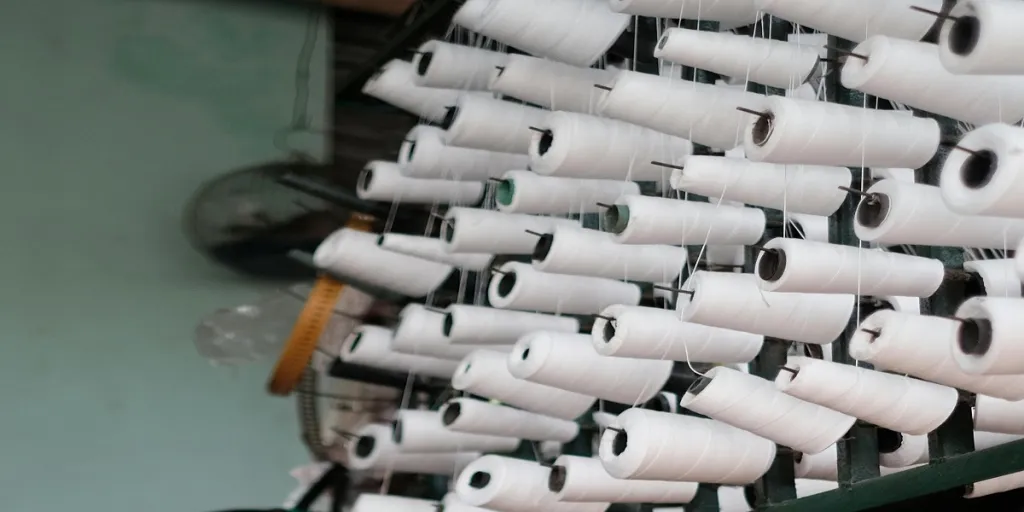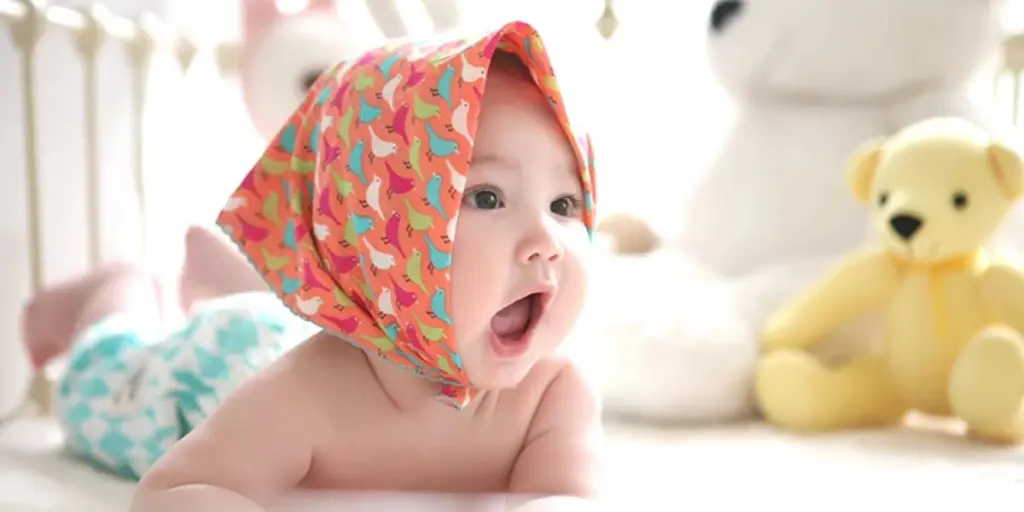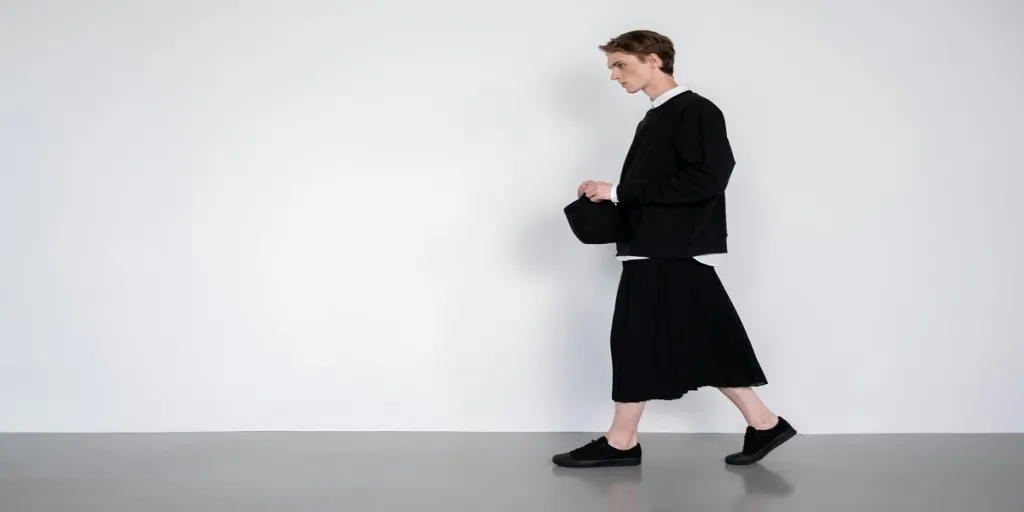Finding a quality and reliable clothing manufacturer is one of the key things a fashion retailer needs to get right in order to run a successful clothing business.
A great example is Shein, the Chinese fashion platform that maximizes its geographical location to get quality clothing manufacturers while offering consumers affordable prices. With over 32 million downloads globally, Shein closely follows Amazon at the first position, coming from the 7th position in 2020 and registering 68 percent more profits in 2021.
This article will aim to walk you through this process so that you can find quality clothing manufacturers that match your retail needs.
Table of contents
What are the types of clothing producers available?
Where can a retailer find clothing manufacturers?
Which is better for retailers: international or domestic manufacturers?
How to choose the ideal clothing manufacturer?
What are the benefits of working with Chinese clothing manufacturers?
It’s time to get started
What are the types of clothing producers available?
Private label manufacturers
Private label manufacturers are the way to go for sellers interested in having a unique clothing label and who plan to sell their products faster. In addition, having these manufacturing partners means sellers can run their fashion line conveniently with their labels.
Contract manufacturers
Like private label manufacturers, contract manufacturers produce clothing for sellers based on their specifications. This option is perfect for sellers who can only afford to order a small product quantity per time. In other words, clothing retailers who find it hard to get a specific clothing design trend can use contract manufacturers.
Where can a retailer find clothing manufacturers?
Search engines
Thanks to search engines like Google, Bing, Ask, and Baidu, retailers can locate clothing manufacturers in China who can deliver to any part of the world. Search engines are usually the first place most retailers look to find key information about companies.
Sellers must note that most clothing manufacturers rarely update their websites, so it is advisable to surf through a number of pages on the search engines to find them.
On Google, the most popular search engine, sellers can use formatting like #, site:, “”, etc., to find specific terms. For example, to find clothing manufacturers in China, sellers can run a search as follows:
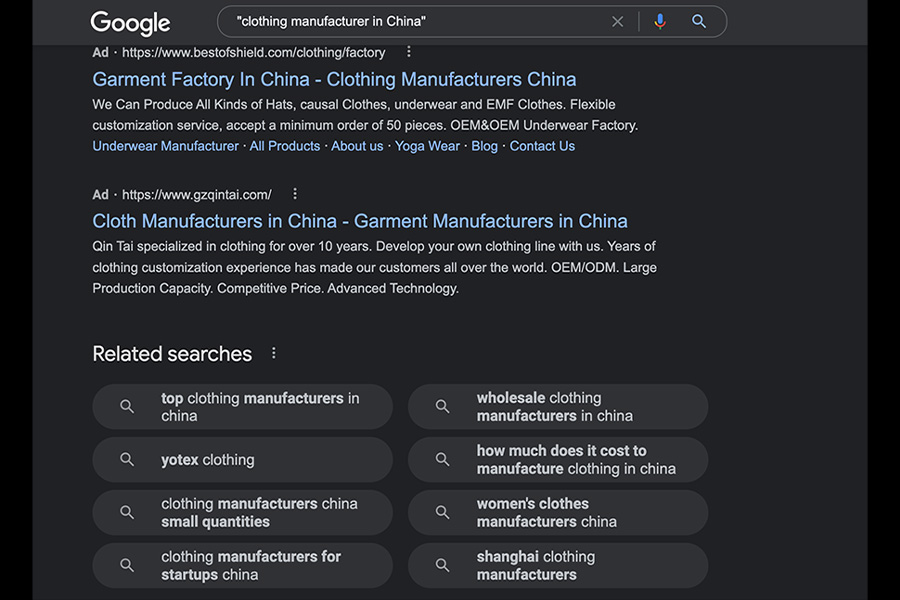
Facebook communities and groups
There are many Facebook groups and communities dedicated to helping newbie fashion entrepreneurs to become successful. Sellers can join such groups to get up-to-date information about clothing business hacks. A few examples of such groups are Apparel entrepreneurship, and Shopify entrepreneurs.
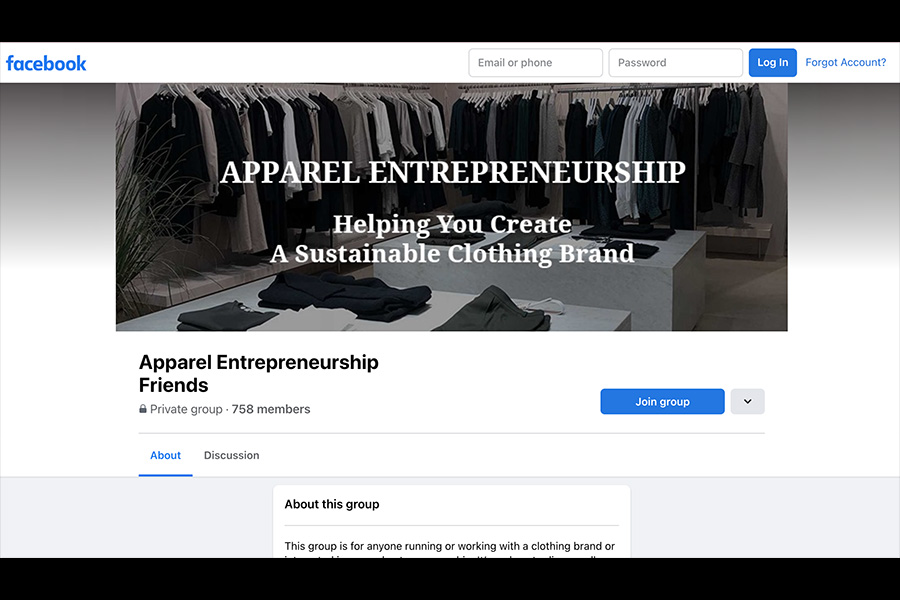
Businesses can leverage these Facebook groups to get a premium list of clothing manufacturers. It’s easier when fellow entrepreneurs use these manufacturers and give reviews about them on the group. This way, newbies can identify the ones to use and avoid. Furthermore, Dropshippers can join this Facebook group to get first-hand information from other sellers.

Directories
Clothing business retailers can also discover a wealth of data with contacts of clothing manufacturers from directories.
Depending on the seller’s country, there are various online directories suited for different regions. For example, sellers seeking overseas manufacturers, especially from China, can use Kompass. In addition, Sqetch is an awesome option for retailers based in Europe, while sellers in the USA can take advantage of the Maker’s Row directory.
Industry meetups
Another great way a retailer can find clothing manufacturers is by attending industry meetups. This method is critical for finding top clothing manufacturers because sellers can meet the factory reps to inquire and ask key questions. Alternatively, newbie sellers can find other industry leaders with contact details of reliable clothing manufacturers.
In-person inquiry

This method may be an old-fashioned and costly way of doing things, but it’s a solid way of getting comprehensive information about the clothing manufacturer. Sellers that can afford the cost of traveling and logistics can visit the manufacturer’s factory to see things for themselves. Plus, they can ask direct questions to the top executives of the different factories in China which can help them to make the most well-informed choice.
Which is better for retailers: international or domestic manufacturers?
Home-based or domestic clothing manufacturers
Sourcing clothing products from home-based or domestic clothing manufacturers is a great option because of the premium quality of goods they produce. In some western countries, they have strict standards for clothing production.
However, sellers may have to deal with the high cost of production when sourcing locally. So this option may be unsuitable for new or growing businesses with tight budgets. Also, having limited products is an issue sellers may experience with home-based manufacturers. Although, on the plus side, shipping fees are pretty cheap with local manufacturers.
Global or international clothing manufacturers
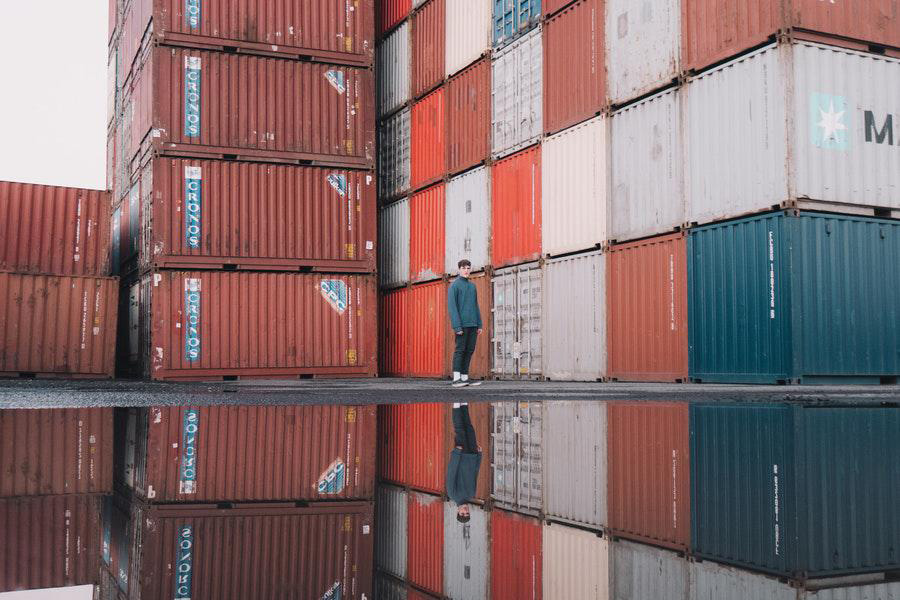
Partnering with global clothing manufacturers is ideal for small business owners who want to explore a wide range of affordable goods. Plus, there are huge trends in global sourcing that sellers can capitalize on.
China, India, and other Asia Pacific countries are the most popular international clothing manufacturers. The reason is simple. Most factories in these countries, especially in China, produce highly affordable clothing, and they aren’t limited like domestic clothing suppliers. Plus, sellers can easily find them online, thanks to a few online platforms that connect sellers with host suppliers and clothing manufacturers.
However, the downside of partnering with foreign clothing manufacturers is the higher shipping cost involved. Also, the time of delivery is usually longer.
How to choose the ideal clothing manufacturer?
Sellers should choose their apparel niche and locate suitable manufacturers
Before retailers dive into a preferred niche, they must do enough research. First, the research should cover data on the viability of the apparel niche with its potential customers. Then, sellers should decide the type of clothing they want to produce for their clothing line.
While at it, retailers need to opt for clothing manufacturers specializing in their preferred category. For instance, if sellers want to start a clothing line for women or focus on specific clothing like knits, they should research clothing manufacturers that specialize in the field. The reason is that these manufacturers have the know-how, experience, and industrial machinery needed to produce the required styles.
But that’s not all. Retailers should also review the quality control measures, development ability, and production model of the prospective manufacturer.
Before making a final decision on who to choose, consider these two things:
- Ensure that the prospective manufacturer can complement the brand’s niche
- Make sure the manufacturer can deliver bulk products that meet the brands’s desired quality standards
How responsive is the clothing manufacturer?
The responsiveness of a clothing manufacturer is important, and so it’s a good move to reach out in the early stages to test the response time of potential manufacturers. Other key things to note are how good their customer service is and how easy it is to contact the company.
Clothing manufacturers who offer quality customer service and respond quickly tend to be a better match for prospective retailers, especially when one is considering a long-term partnership. It’s easy to contact these manufacturers when there’s an issue during or after production.
What is the order capacity of the manufacturer?
Typically, clothing manufacturers have minimum order quantities (MOQs) that allow retailers to order a certain number of items. Hence, depending on the business size, it’s ideal to go for manufacturers that match the preferred minimum orders of a business.
A quick tip here is for sellers to work with small-batch clothing manufacturers that produce the sellers’ preferred type of clothing. Retailers who plan to order in high volumes can go for manufacturers that produce on a large scale. Also, if sellers want to complete one-off orders, manufacturers that produce on a medium to small scale are ideal.
Another key point to note is that sellers can leverage agile manufacturing to navigate uncertainties and disruptions in their supply chain. This agile manufacturing subject will be covered more in a future article.
What is the cost of production?
Most manufacturers offer retailers a breakdown of what the total cost should be. This information usually includes duty tax, parcel handling related charges, and shipping fees for international orders.
Sellers can get quotes from different clothing manufacturers to determine the best match. Also, it’s essential to go for manufacturers that offer a high-quality product at a price that suits the current operating budget.
How long is the production turnaround time?
Sellers should aim to select manufacturers that can quickly produce and deliver their items. In short, sellers can know how quick it will take to get their products by knowing how much inventory is in stock, the inventory available, and the time it takes to produce the clothing.
What is their shipping delivery time?
The shipping delivery time solely depends on the clothing manufacturer and seller’s contract. However, if sellers work with domestic manufacturers, they may get the goods in a reasonable time and cut some charges.
Most overseas clothing manufacturers have a quick turnaround time. But it’s vital to always confirm the duration of deliveries. In addition, sellers must be aware of other things like holidays in the manufacturer’s country, shipping restrictions, and so on.
An overseas clothing manufacturer is a better option for sellers that don’t mind shipping times and costs. It’s also an excellent way to have a good price per unit. However, this option may not be ideal for sellers with a closer launch date.
What are the benefits of working with Chinese clothing manufacturers?
The cost of production is low
The development of China’s clothing supply chain is one of the major competitive advantages they have over global competitors. This supply chain edge has placed the average China manufacturer to offer better quality control, more assured production lead time, and reliable capacity.
Generally, Chinese clothing manufacturers offer sellers their preferred quality at a lower cost. This makes them an ideal option for sellers that want a quick turnaround time at a low price.
Also, they have the required equipment and experience that boosts long-term partnerships with sellers. And these manufacturers are usually updated with the latest trends, ideal for any startup clothing brand.
Less time for more output
With Chinese clothing manufacturers, retailers save more money on each unit than when producing the clothes themselves. Also, it saves them time, meaning sellers can focus on other issues that will help their business grow.
Get access to other services
Sellers need other services besides garment production like branding and design services. Luckily, most Chinese manufacturers offer this service in-house, helping sellers get the exact design they need for their brand. In addition, it saves retailers the stress of hiring graphic design experts.
It’s time to get started
Opening a new clothing store is not as difficult as it may initially seem. One particular challenge, however, is finding the right manufacturer. That is why this guide has laid out some easy-to-follow steps for prospective fashion entrepreneurs to find a reliable sourcing partner–and with this in place, they can really kick start their brand by focusing on the design and marketing that will make them stand out above the competition.
